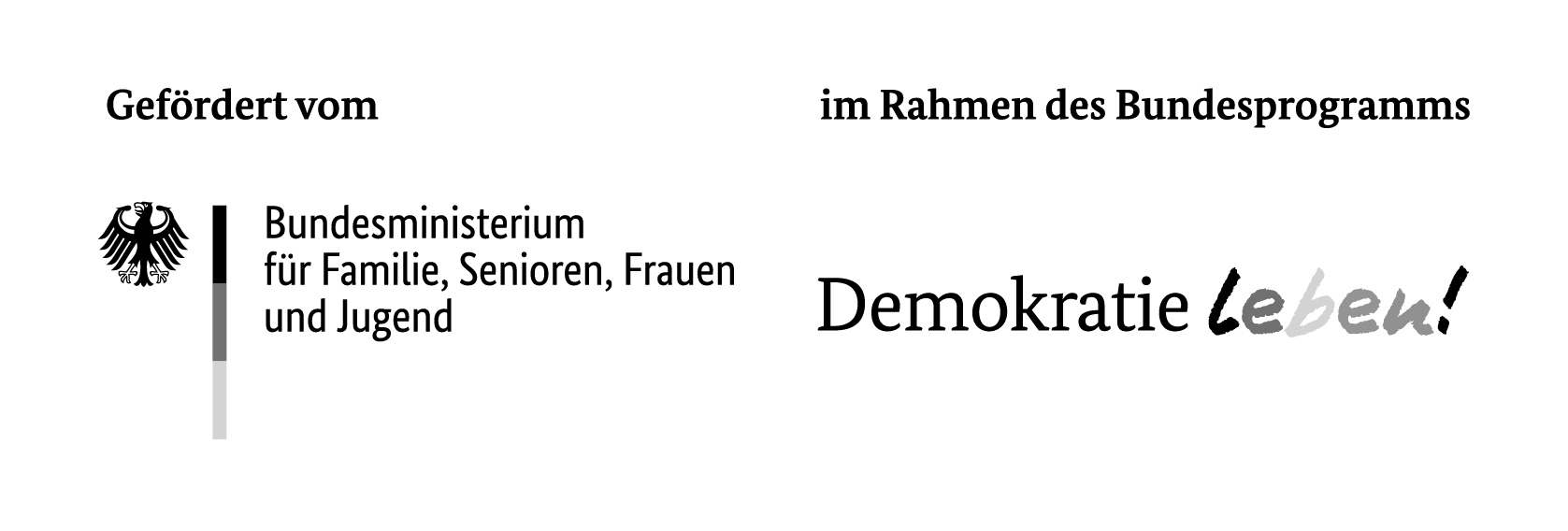The systematic mass deportation of German Jews to the East began in mid-October 1941. 50,000 Jews in transport trains of 1000 persons each were to be “deported to the area of Riga and Minsk”, and a total of more than 250,000 Jews ultimately had been deported there from the German Reich by the end of the war.
For Franconia, i.e. for the area of the Gestapo Headquarters Nuremberg-Fürth, the first transport was organised in November and concerned at least 1017 men, women and children from the towns of Bamberg, Bayreuth, Coburg, Erlangen, Forchheim, Fürth, Nuremberg and Würzburg. From 25 November onwards, they were gathered in the Nuremberg-Langwasser camp; on the 27th, the train left without the deportees knowing its destination: the Jungfernhof camp near Riga in Latvia. Only 52 people survived this transport. – The lecture reports on the organisation of this deportation by the Gestapo, the hostile conditions in the camp and individual fates.
The speaker Dr. phil. Ekkehard Hübschmann has been dealing with Jewish history in Franconia for over 30 years. His main focus is on National Socialist persecution, commemoration of the victims and family history. He has been an independent researcher, publicist and genealogist since 2007 and lives in Gefrees/Upper Franconia. He is currently working on a project on the “Heimeinkaufsverträge” (contracts for the purchase of homes) of those deported to Theresienstadt. His most recent books are “Jüdische Familien in Hof an der Saale” (Berlin 2019) and “Jüdische Einwohner von Oberkotzau und Schwarzenbach an der Saale” (Oberkotzau 2019).
The lecture at Kunstverein Nürnberg will be held in German.

